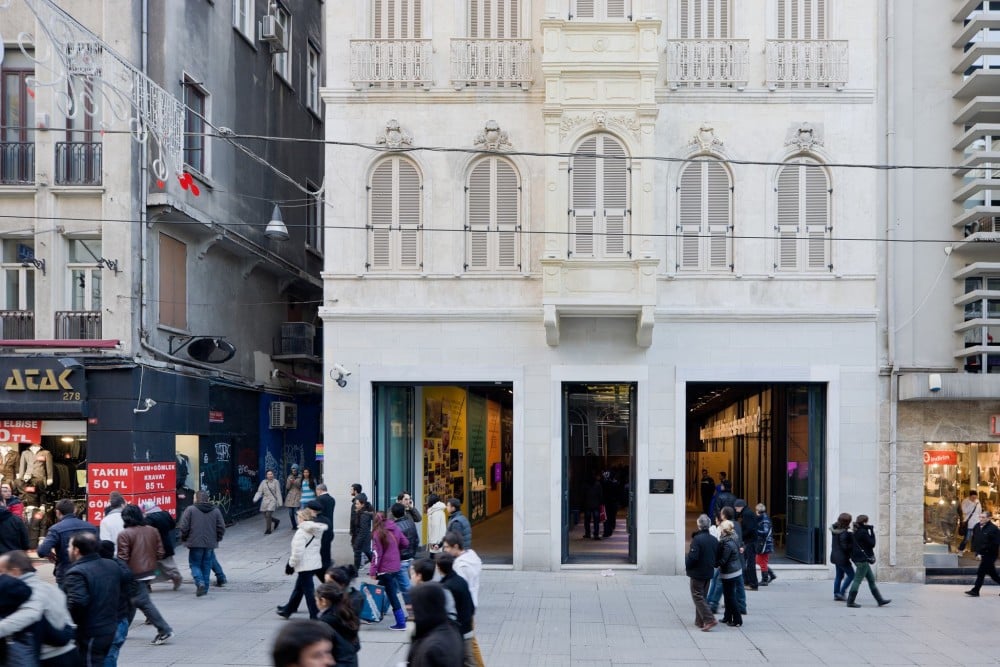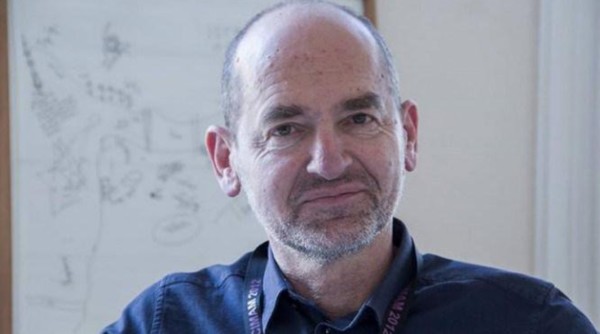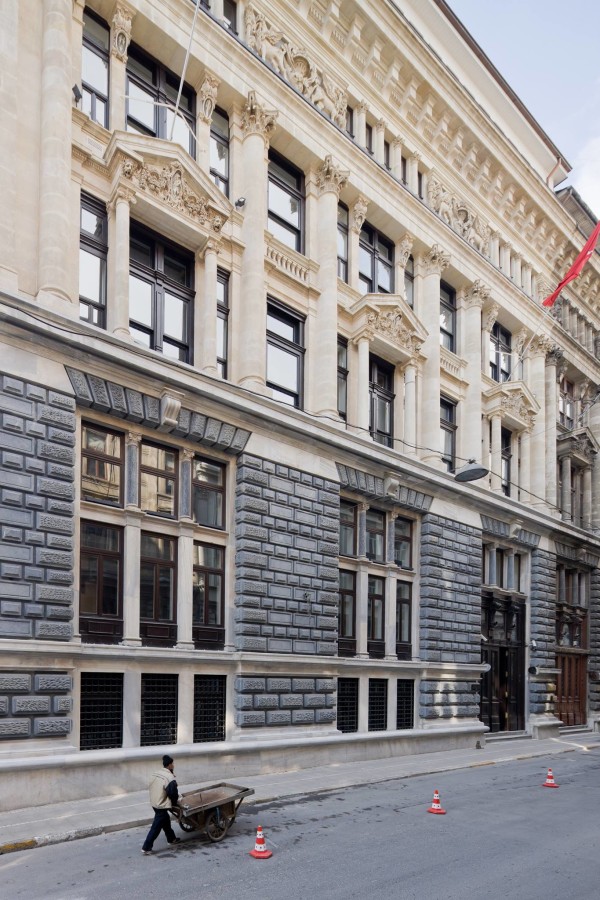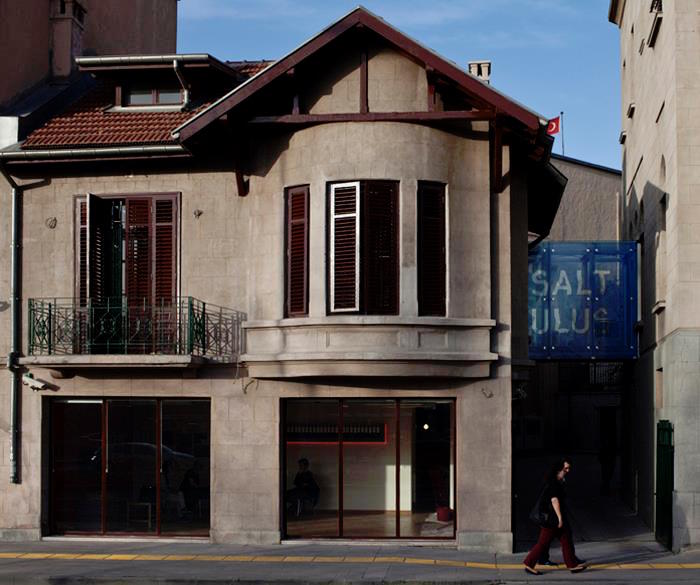Art World
Did Istanbul’s SALT Art Center Close Under Turkish Government Pressure?
Turkey is becoming increasingly conservative.

Turkey is becoming increasingly conservative.

Henri Neuendorf

SALT Beyoğlu, one of Istanbul’s most important cultural destinations, has been closed since the start of the year. According to the institution’s director the closure is due to “technical reasons,” but reports suggest government pressure could be behind it.
According to Ingo Arend writing for the Süddeutsche Zeitung, SALT director Vasif Kortun says the exhibition space closed after it has emerged that the expensive renovations to the institution’s impressive 19th century, four-story home in the heart of the trendy Beyoğlu district were carried out without approval from the Istanbul building authority.
However, citing unnamed voices from Istanbul’s art scene, the German paper suggests that the Turkish government forced the closure of the vital art center and that Kortun’s explanation is but an attempt to disguise the real reason behind SALT’s sudden shut-down.

Vasif Kortun is the director of SALT, Istanbul.
Photo: @veclajme via Twitter
Kortun denied the rumors in an email to artnet News. “We have three buildings out of which SALT Beyoğlu is one. SALT Galata is larger than Beyoğlu and Ulus combined. Galata is our flagship building that houses amongst other things SALT Research. In short, SALT continues its programs.”
Kortun added “There are permits we have to attain before resuming programs [at SALT Beyoğlu] which I expect will not [be attained] before the end of the year. I cannot speculate if there are other reasons behind the closure.”
In a country that’s still in the process of learning what it means to be a democracy, some of the art center’s exhibitions have been perceived to tread a thin line between acceptability and provocation.

SALT Galata, Istanbul.
Photo: SALT Galata via Facebook.
Shortly before the occupation of Gezi Park and the subsequent Istanbul riots in 2012, SALT organized an exhibition on the history of the Atatürk Culture Center at Taksim Square. The government’s plans to redevelop the building into a shopping mall was at the heart of the unrest.
On this point, too, Kortun disagrees. “SALT does not back away and will not back away from addressing critical and timely questions,” he stressed to artnet News. “But we have never been provocative or partisan.”
In the early 2000s, large-scale cultural investment from wealthy benefactors such as collectors Sevda and Can Elgiz, pipe manufacturer Asım Kocabiyik, and the Eczacıbaşı pharmaceutical company protected the city’s progressive, liberal, and secular class, allowing artists such as Hale Tenger, Gülsün Karamustafa, and Halil Altındere to flourish.

SALT Ulus, Ankara.
Photo: SALT Ulus via Facebook.
However, Turkey’s political leap towards conservatism under president Recep Tayyip Erdoğan has altered the cultural landscape.
And although he denies any connection between SALT’s program and the recent closure, Kortun expressed concern over the fate of liberal art centers in the region.
“At the end of the day, civic society, respect for the inviolable rights of the species, rights to speech are on the wane all over the planet and everything is upside down,” Kortun explained.
“Fascism has received a facelift and it is turbocharged by a hedonistic neoliberalism. I am regularly in contact with museum colleagues and we are deeply worried that the worst is yet to come,” he said, citing recent incidents at partner institutions such as the police raid on Cairo’s Townhouse Gallery and Lebanese curator Christine Tohme’s passport denial last week. (Her passport was returned on Sunday, according to Artinfo).
Founded in 2011, SALT is a non-profit cultural institution that hosts exhibitions and public programs. It is a member of the European museum network L’internationale, and runs a highly-valued interdisciplinary research program.